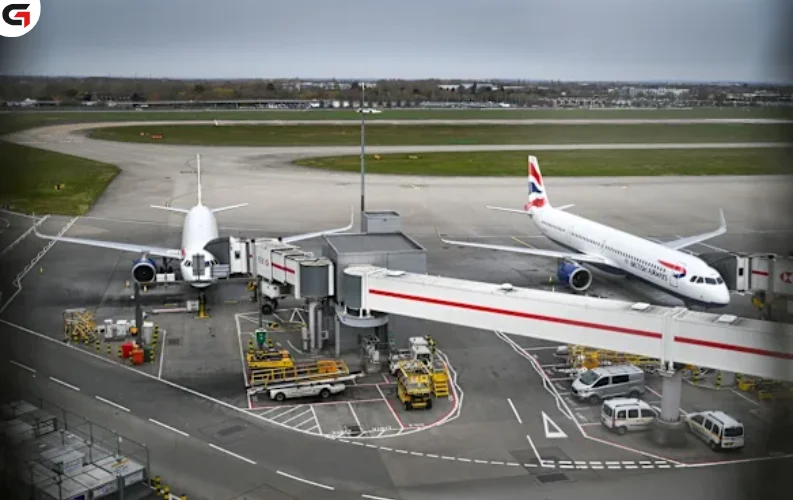UAE-based airlines, including Emirates, Etihad, flydubai, and Air Arabia, have extended flight cancellations and rerouted services amid rising tensions following US airstrikes on Iran’s nuclear facilities. The move comes after the closure of critical airspace corridors over Iran, Iraq, Syria, and Israel, prompting a wave of route adjustments across the Middle East.
Regional Routes Severely Affected
Airlines are actively avoiding conflict-zone airspace and shifting to alternate paths via Egypt and the Caspian Sea. This is impacting both direct and connecting flights, with many international carriers following suit.
Etihad Airways has suspended all flights between Abu Dhabi and Tel Aviv until July 15, and has also cancelled select flights such as EY652 from Kuwait. Passengers connecting to cancelled flights will not be accepted at departure points.
Emirates has paused services to Tehran, Baghdad, and Basra through June 30, citing safety concerns over airspace access in the region.
More Suspensions and Reroutes
Air Arabia has halted flights to Iran, Iraq, Russia, Armenia, Georgia, and Azerbaijan until June 30, and to Jordan until June 25. Transit passengers heading to these destinations via Sharjah or Abu Dhabi will not be permitted to travel.
Meanwhile, flydubai has suspended flights to Iran, Iraq, Syria, Israel, and St. Petersburg through June 30. Passengers are encouraged to rebook and update contact details on the airline’s website for real-time notifications.
Wizz Air has extended its suspension of flights to Tel Aviv and Amman until September 15, 2025, rerouting remaining services to avoid affected airspace entirely.
Global Carriers Also Impacted
Several international airlines have also halted or rerouted flights involving the Gulf:
-
British Airways: Suspended flights to Dubai, Doha, and Bahrain
-
United Airlines: Paused Dubai-bound flights
-
American Airlines: Halted service to Doha
-
Air Canada, Finnair, Air France-KLM: Reduced flights to the UAE
This marks the first time in nearly two years that international carriers have widely paused Dubai-bound services.
What Travellers Should Know
Passengers flying in or out of the UAE should:
-
Check flight status on official airline websites or apps before heading to the airport
-
Avoid travel to suspended destinations, even as a transit stop
-
Update contact details in bookings to receive timely alerts
-
Expect delays, cancellations, or reroutes, especially on flights to Iran, Iraq, Syria, Israel, Jordan, and Lebanon
UAE airlines continue to monitor the situation closely. Passenger safety and operational flexibility remain top priorities as regional conditions evolve.




















